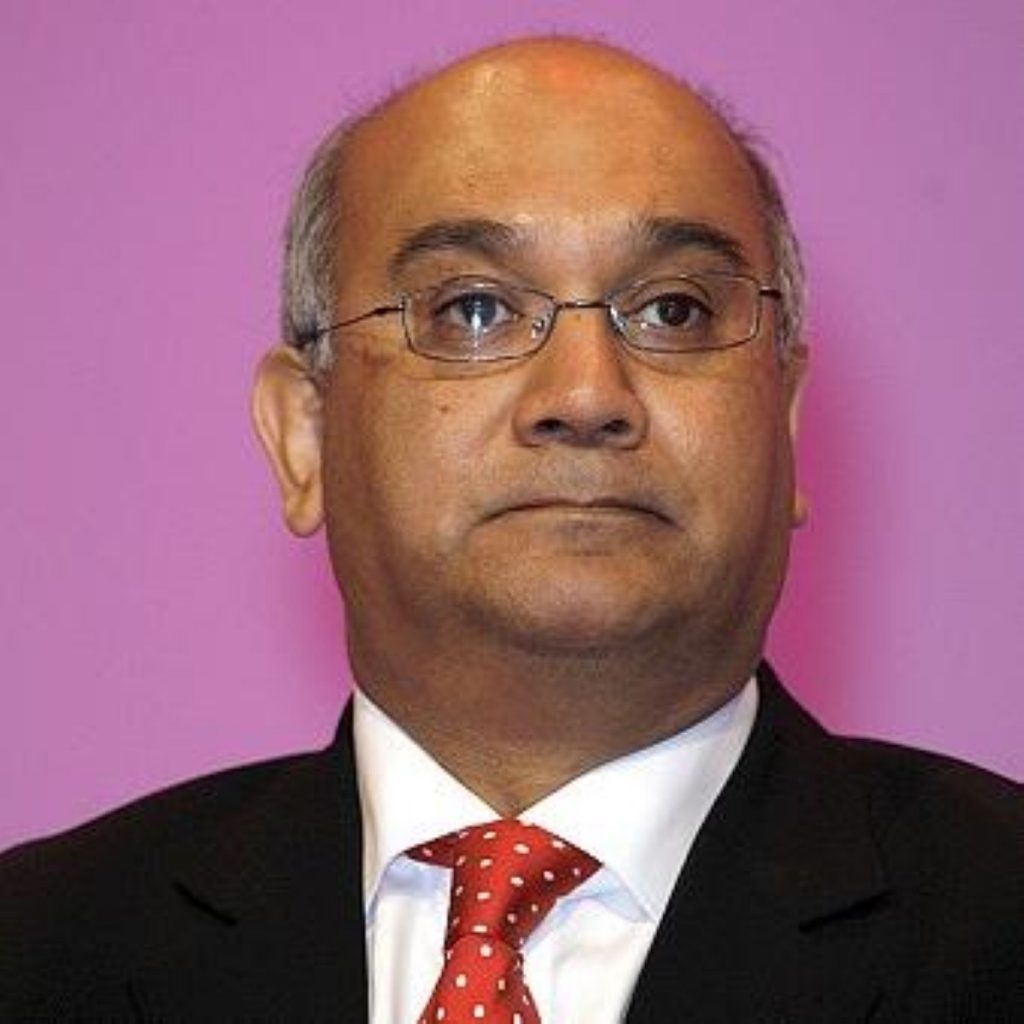Local coup: MPs move to clamp down on police commissioner powers
By Phoebe Cooke
Newly-elected police commissioners have been given far too much power over chief constables, an influential committee of MPs has found.
The home affairs committee report finds the dismissal process convoluted and skewed in favour of police crime commissioners, after considering evidence given by several chief constables dismissed from their posts, including constable Carmel Napier, who was "invited to retire" by Gwent police and crime commissioner Ian Johnston.
"It is worrying that police and crime commissioners seem able to side-step the statutory process for dismissing a chief constable," chairman Keith Vaz remarked.


In the Napier case, Johnston had to state explicitly that he was not "calling upon" her to retire or resign under the Police Reform and Social Responsibility Act, but making an "invitation".
Napier told the committee that although she wanted to fight the demand, lawyers advised her that she was powerless.
"[I] found that the government had drafted the legislation, the Police Reform and Social Responsibility Act, which apparently gave the PCCs [commissioners] unfettered powers to appoint, suspend and remove chief constables," she told the committee.
"Therefore no matter what process I went through with the police and crime panel, the outcome could be the same because the PCC is the ultimate decision-maker about what has happened."
The report went on to express disappointment with Johnston's need to assert his views on Twitter after the committee meeting.
The commissioner criticised a member of the committee for asking what he thought were questions prompted by MPs, even describing Ruane as a "plant of Gwent MPs," as well as the whole proceedings as "sad really."
The committee rebuked Johnson for the comments.
"This attitude towards scrutiny by parliament, as well as an indication of a clear over-sensitivity to criticism" demonstrated "that the checks and balances on police and crime commissioners are too weak", they found.
The committee concluded that whilst it was the commissioner's place to dismiss constables, there needed to be great scrutiny in place from the police crime panel.
"The statutory process provides little safeguard, since there is nobody—not the police and crime panel, not the Inspectorate of Constabulary, not even the home secretary herself—who can over-rule a commissioner who has set his face to dismissing a chief constable," the report found.
"And even the limited scrutiny process can easily be sidestepped with the threat of a potentially embarrassing public scrutiny process in which there is clearly scope for a commissioner to cause serious damage to a chief constable's reputation and, by extension, the reputation and morale of the force."
The committee will meet again in November, a year after the chief constables were elected, to discuss what next steps should be taken and to see if there has been any notable improvement in proceedings.












